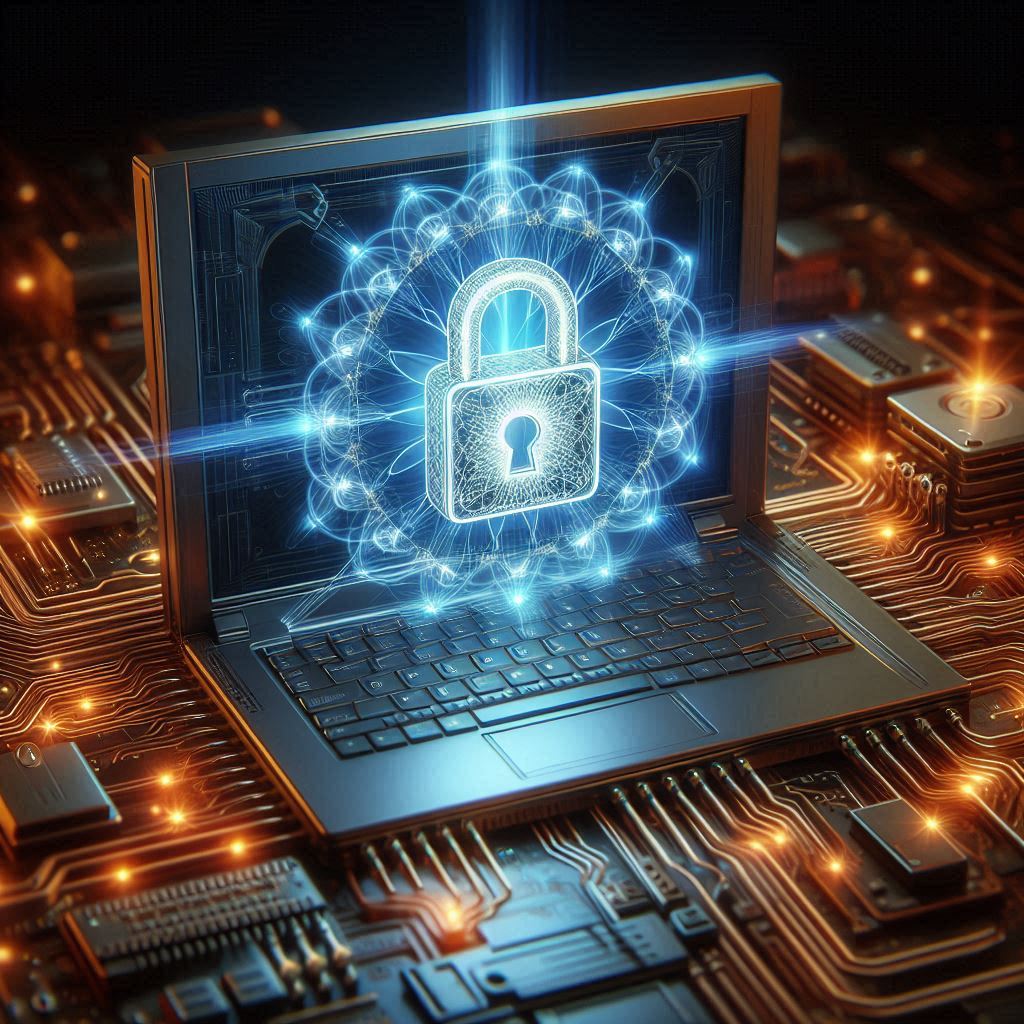Post-Quantum Cryptography Picture this: You wake up one morning, scroll through your phone, and realize something feels… off.Your bank account shows mysterious transactions, private emails have been leaked, and your cryptocurrency wallet is empty. The digital security we’ve trusted for decades has suddenly collapsed—all because quantum computers have cracked the encryption that once kept our digital world safe.
Sounds terrifying, right? Well, this isn’t some distant sci-fi scenario. The quantum revolution is happening now, and unless we act fast, the security systems we’ve relied on for years might become obsolete.
Post-Quantum Cryptography: The Battle for Digital Security in the Quantum Age
“Why Post-Quantum Cryptography Is the Key to Digital Security”
This is where Post-Quantum Cryptography (PQC) comes in—a new breed of cybersecurity designed to withstand attacks from future quantum supercomputers.
So, how exactly does this work, and why should you care? Let’s break it down.
The Quantum Threat: Why Current Encryption Won’t Survive
If you’re reading this on a regular computer, the entire digital world still runs on classical encryption methods—like RSA and ECC—designed to protect everything from online banking to military secrets. These systems work because classical computers struggle with certain mathematical problems. To crack an encrypted message, a hacker would need millions of years to solve the complex calculations that protect your data.
But quantum computers don’t play by the same rules. Using principles like superposition and entanglement, quantum machines can process information exponentially faster. Algorithms like Shor’s Algorithm have already shown that a powerful enough quantum computer could break RSA encryption in minutes.
Translation? When quantum computers reach their full potential, today’s digital security could be completely useless.
Enter Post-Quantum Cryptography: The Next Generation of Digital Armor
To fight the looming quantum threat, researchers have developed Post-Quantum Cryptography (PQC)—encryption techniques that even quantum computers can’t crack. These systems rely on mathematical problems that quantum computers struggle with, ensuring security well into the quantum era.
Some Leading Approaches in PQC
🔹 Lattice-Based Cryptography – Uses ultra-complex geometric structures that quantum computers can’t easily break.
🔹 Hash-Based Cryptography – Relies on cryptographic hash functions to ensure secure digital signatures.
🔹 Code-Based Cryptography – Uses error-correcting codes to build encryption methods that quantum attacks can’t unravel.
🔹 Quantum Key Distribution (QKD) – Uses the laws of quantum mechanics to create encryption keys that are impossible to intercept.
These methods aren’t just theoretical—global institutions are racing to implement them before quantum computers become a real-world threat.
Why You Should Care (Yes, Even If You’re Not a Cybersecurity Nerd)
It’s easy to think, “Meh, why does this matter? My passwords seem fine.” But the implications of quantum hacking go far beyond just stolen Netflix accounts.
1️⃣ Banks & Financial Security – Without PQC, quantum computers could crack banking encryption, leading to massive financial breaches.
2️⃣ Military & Government Data – Countries are scrambling to adopt PQC to prevent classified information from being exposed.
3️⃣ Personal Privacy – Your private conversations, health records, and social media data could be vulnerable in a post-quantum world.
4️⃣ Cryptocurrency & Blockchain – Bitcoin and other digital assets rely on encryption—quantum computers could wipe out billions if security isn’t upgraded in time.
The future is fast approaching, and ignoring the quantum threat could be a costly mistake.
The Race to Implement Quantum-Resistant Encryption
Recognizing the urgency, the National Institute of Standards and Technology (NIST) has started standardizing PQC algorithms. Governments, banks, and tech giants are pouring millions into quantum-safe encryption, ensuring a smooth transition before it’s too late.
But there’s still work to do: 🔹 Businesses must upgrade their encryption systems to be quantum-resistant.
🔹 Individuals should stay informed about cybersecurity changes.
🔹 Tech companies need to integrate PQC into applications before cybercriminals get their hands on quantum hacking tools.
The Future of Secure Communication
Post-Quantum Cryptography isn’t just a fancy buzzword—it’s the frontline defense against one of the biggest cybersecurity threats humanity has ever faced. Quantum computers promise incredible advancements, but without proper safeguards, they could also be the ultimate hacking weapon.
So, the next time you hear about quantum computing in the news, don’t just think about faster AI or medical breakthroughs—consider the hidden cybersecurity battle happening behind the scenes. Because when the quantum era fully arrives, only the encrypted will survive.
For more updates and for more news just follow Bulletins45.com
